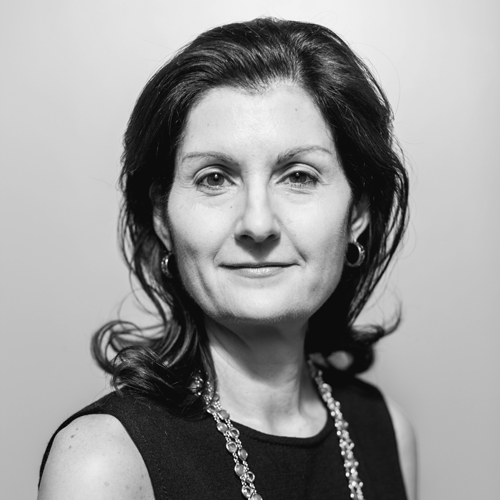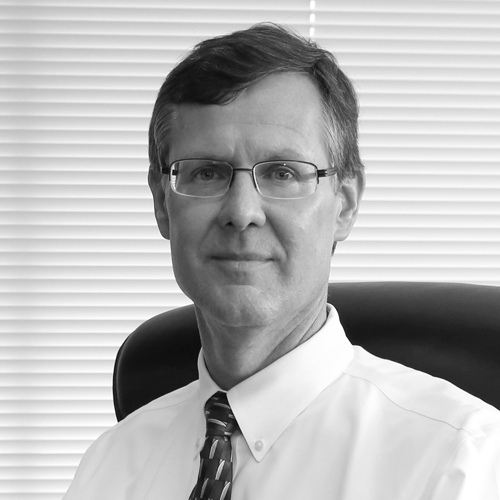You’ve been with Carilion for 30 years. How have you seen human resources evolve in that time?
Jeanne Armentrout: The changes in the HR profession have been for the better. The HR function has evolved from a policy-police function to a valued business partner for the organization.
Thirty years ago, HR was reactive. If a leader or an employee had an issue, we acted on each one as it happened. We didn’t use a lot of trend data or analytics. Today the HR team is more proactive. We learn about the business. For example, if a department wants to grow or gain new business, we might do an environmental assessment. The assessment would determine readiness from many aspects. We would ask questions like: Are the leaders well developed? Is there good employee engagement? Does the department have the necessary resources, technology, etc., for this new direction? Are they change-ready? Do they have a road map or business plan? HR would be instrumental in assisting the leaders to determine readiness to change and the plan to execute.
As executive VP and chief administrative officer, you oversee multiple departments every day. What are the challenges that come along with that responsibility?
JA: No two days are alike, which is positive. The variety is energizing to me. In a 10- to 12-hour period, I might move between operational issues, strategic initiatives, coaching a leader, or working with board members or community leaders.
I love the diversity and complexity of the departments I work with. I continually learn. The challenge is “not enough time”—time to make a deep impact in every area.
What is it like handling so many duties from such a large healthcare system like Carilion Clinic?
JA: It’s really a privilege to be trusted with so many responsibilities, and I don’t take that lightly. I continually look for feedback on how I can contribute the most. I love to innovate and improve processes, and my reward is seeing the leaders and employees have success. I have to admit that sometimes I can get disheartened when I don’t accomplish all that I want to in shorter time periods.
As business evolves, it’s becoming crucial to ingrain HR into everyday decisions. How does HR serve as a bridge between the many departments and the CEO of Carilion?
JA: The HR team works intimately with the organization’s leaders to impact open communication, employee engagement, and leadership development—all with the outcome of a strong culture. That culture is set by the CEO’s personal brand. At Carilion, we created a unique set of values to display that brand. They are not your typical healthcare values. We feel very strongly about commitment, community, compassion, courage, and curiosity.
I facilitate these values by carefully listening to and watching our CEO and executive leadership, to discern their brand and sense of purpose and connect that to strategies that infuse those into the organization.
Carilion recently partnered with Virginia Tech. What challenges and solutions has the partnership resulted in?
JA: The public-private partnership is a model for how to work together for meeting the education needs and stimulating economic growth in a region. It’s part of our plan to be a leader in research, education, and clinical care. The partnership continues to evolve and grow. The exciting part is building something new without a playbook.
How does transparency create a better team?
JA: Transparency is about open, honest communication, real-time feedback, and ensuring information flows continuously. It’s my practice and expectation, and I connect my teams and expect them to be transparent with each other. It’s a central part of our culture at Carilion.
What do you think HR needs to do in order to be effective in the healthcare industry?
JA: HR, in all industries, needs to understand the business and bring flexible, innovative solutions to challenging business needs.
How does HR play an effective role in a massive healthcare presence like Carilion?
JA: Carilion Clinic is the largest private employer in western Virginia. This is both a privilege and a challenge. HR must engage with the community, the education system, and other employers to assure we have a competent, diverse workforce and that our organization contributes to the local economy and growth of our region.
How does your expertise go into this role? What do you uniquely bring to the table?
JA: I believe my journey from clinician to educator to human resources professional has given me a unique perspective and approach. My passion for coaching and developing people and creating stronger individuals contributes to better performance. I am a practiced listener and am able to reflect and offer perspective, which helps broaden thinking. I have a creative side that I employ to inspire others to innovate—much like a music conductor.
From an HR point of view, what does Carilion Clinic do that makes it succeed more than other health systems?
JA: I’m not sure I can comment about other healthcare systems’ failures. I think that what we strive to do here is to live our mission and values, practice open communication and transparency, and push ourselves for innovative, proactive approaches to healthcare’s challenges.
For example, if a business leader asks us to be flexible in determining retention methodologies for staff, we would offer up one to three solutions that would work, instead of just one option that follows a rule or regulation. There are areas using quarterly bonuses, while for others, it’s new communication methods.


